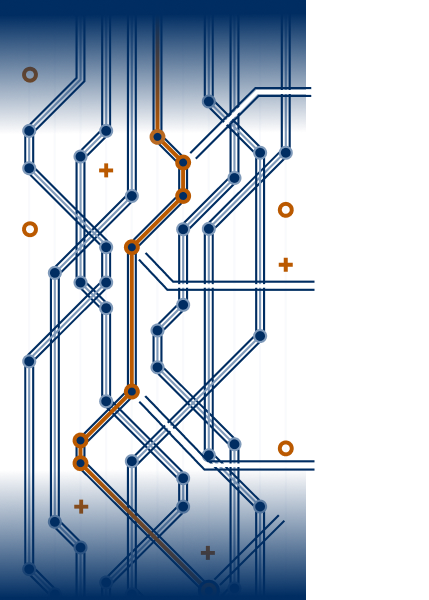
Is Your Sales Comp Program Set Up for Success?
Sales Compensation Program Management for Mature Companies
Mature companies and their related sales organizations have unique challenges. Sales compensation can be a significant issue as the Sales organization grows organically and often in a decentralized fashion, leading to inconsistent models and job proliferation. Large, complex sales groups with sophisticated sales coverage models and multiple sales roles and job titles are often the result of growth over time. As a result, sales compensation programs become complex, costly and less effective.
These organizations require sales compensation programs that are specifically designed that align with their corporate strategy, business objectives and culture.
Over time, sales compensation programs become complex, costly and less effective.
Wasting Resources on Inefficient Sales Compensation Programs
Over time, many companies outgrow their once-effective compensation programs. Symptoms of organically grown sales compensation programs include:

Ineffective compensation plans
Ineffective compensation plans can result if compensation is not aligned with strategy and objectives and results in multiple job roles and undesired behaviors. Also, talent acquisition and retention issues abound, as do inconsistent practices and differing compensation philosophies.Cost and efficiency issues
Cost and efficiency issues exist because of non-scalable compensation management processes. Sales reps may practice shadow accounting, wasting time and reducing productivity. Role and plan proliferation can result in draining management time and corporate resources.
Increased cycle time
Increased cycle time occurs when late communication or miscommunication exists. The sales organization may be late delivering compensation plans, tying up valuable resources to manage inefficient compensation processes.
Role Evolution
New strategic roles may conflict with legacy plans.
Plan Misalignment
Existing master plans do not support desired sales behaviors.
Manager Discretion
Manager autonomy allows for deviation from best practices.
Plan Proliferation
Unchecked plan variations create widespread confusion with sellers.
Re-orienting the company’s comp program will address these issues and provide a consistent structure.
Adopting a Best-in-Class Framework
Companies looking to rethink their sales compensation programs should use a framework that creates consistent plan design that is aligned with corporate strategy and maximizes sales investments, and includes:
Goals that attract, retain and reward a best-in-class sales organization.
Guiding principles that align strategies with jobs, motivate appropriate behaviors and provide pay for performance.
Components that create a competitive advantage and address compensation eligibility, pay levels, pay mix, metrics and related elements.
Support elements, including sales investment and ROI, communication strategy, administration, processes and plan governance.

The ABC’s of Compensation Design
The governance structure will need to be clearly defined and include key stakeholders to drive the adoption of and adherence to process deadlines across all organizational layers.
Core process phases must be defined, including the specific steps to be used across all business units and which systems or platforms will be used.
R&R Matrix is completed using the RACI model to ensure each functional group understands its roles and responsibilities in the compensation process
The calendar for each process step is mapped to a timeline, helping participants and stakeholders understand sequencing and deadlines.
Escalation procedures outline pathways for time-sensitive issues, minimizing dependency and delay risks.
Terms and conditions provide a glossary of compensation design and should include clear explanations of each process.
The Benefits of a Well-Designed Sales Compensation Program
Applying this framework will help the organization continue to scale while creating consistent alignment across the sales organization.
Sales jobs are more clearly defined, reducing the number of roles and creating proper matching of roles to plans. Plan proliferation decreases, driving more consistent behaviors.
Compensation plans are better aligned, supporting corporate objectives and sales strategy by using best practices to create consistent plans. The process creates more streamlined plan design tasks, greater consistency and fewer plan exceptions.
Plan administration is more efficient, with on-time plan rollouts that result in efficient payments. Governance processes allow for continual assessment and improvement, with auditable sales incentive pay risk management.
Navigating Sales Compensation Complexities
Alexander Group helps companies successfully navigate the complex world of sales compensation design so companies can achieve its sales goals. For more information on how to grow your sales operations organization, contact us.
About Alexander Group
Alexander Group understands your revenue growth challenges. Since 1985, we’ve served more than 3,000 companies across the globe. This experience gives us not only a highly sophisticated set of best practices to grow revenue—we also have a rich repository of unique industry data that informs all our recommendations. Aligning product, marketing, operations and finance efforts behind a successful sales organization takes insight and hard work. We help the world’s leading organizations build the right revenue vision, transform their organizations and deliver results.
